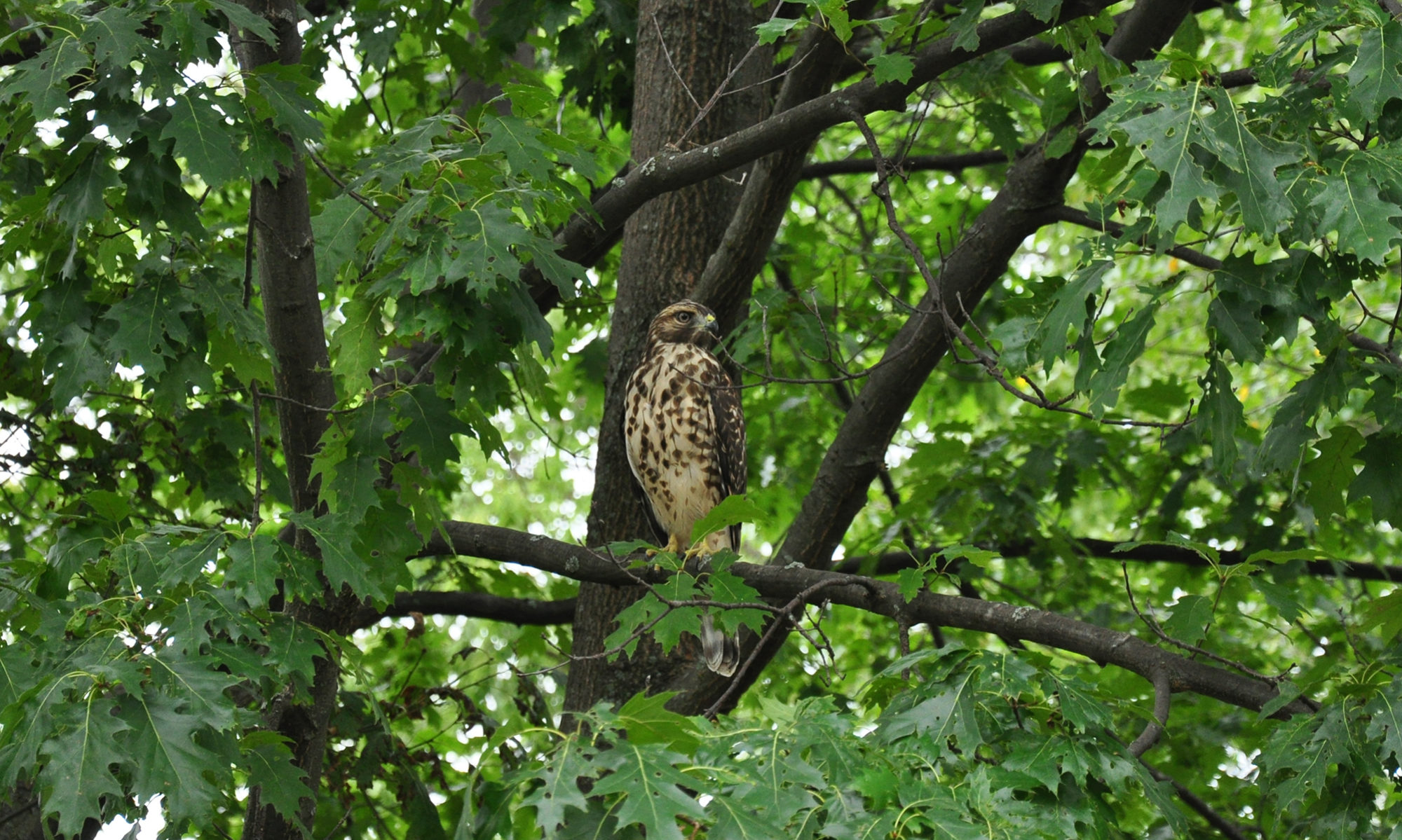[From Connect Column Archives]
Most of us are so involved in our daily lives that we do not notice the ground is shifting under our very feet. We hear or read one news story after another that tells of problems with the environment, but as long as the problems are not right in our face, we really pay little mind. We are comfortable at home in Midtown, Indiana, USA. The only time we perk up is when something like a very toxic piece of real estate crops up in our own backyard, like the old Continental Steel Superfund site. Otherwise, what do we really care? The problems with the environment we hear about seem far away and about things we cannot do anything about anyhow.
We need to care. We must care. We must do everything is our power to learn what is happening, make up our minds about what should be done; then change our own ways and put the pressure on our government officials to act constructively. Not facing up to the tough decisions about what human beings have and are continuing to do to the environment has very serious consequences for our children and children’s children. There remains no doubt about this. The facts are clear. The questions now are about how bad things are going to get, not whether they will get bad. Scientists are warning us, but they cannot act alone. If we do not have our listening ears on, we will not hear the messages they bring until it is too late to escape the negative and probably permanent consequences of inaction. Sounds serious. It is.
I was once the publisher of the Kokomo Tribune. I spent 20 years involved in the management of that newspaper. When it sold, I returned to Purdue to pursue biological research. This was several years after I read a book, ‘Silent Spring’, by Rachel Carson. The message in her book changed many people as it drew attention to the abusive use of pesticides, toxic poisons, in the 1950’s. Rachel Carson rang a bell and change occurred. Others are ringing new bells that are just as loud or louder.
At Purdue, I earned three graduate degrees: a master of science in conservation of natural resources, a master of science in aquatic toxicology and fish biology, and a doctor’s degree in genetics; these on top of an earlier bachelor of science degree in industrial management. I do not tell you this to brag. Rather, I want you to know that when I write about biology, the environment, and public policy; I write from a solid science foundation. I know what ‘good’ science is and what ‘bad’ science is, unlike many in political office presently.
Future columns will deal with a wide range of subjects from the debate over global warming to the use of antibiotics in the animals we eat. They will deal with air and water pollution, agriculture, population, medicine, genetics, genetically modified animals and plants, energy, how much fish is caught in the oceans, our love for automobiles, AIDS, land use, and many other subjects. All will have a direct or indirect connection with biology. One finds that everything is connected to everything else anyhow. If anything is changed in an ecosystem — a scientific word for a place on the earth that has many different plants and animals that relate in some way or another to each other — it affects everything else. Sometimes a change can cause the collapse of the whole place.
My goal is to cause thinking. I will not hesitate to take on those in public life that are, in my opinion, headed in the wrong direction or no direction at all. And I will say why. It is too late to tip toe through the tulips about these things. It is time to learn what the problems are, make up minds about what should be done, and then act. Many decisions to be made will be tough ones. If made wisely, they will result in present sacrifice for the benefit of future generations. If we choose not to act or act too little too late on key decisions, many scientists believe we may jeopardize the existence of human life on the planet Earth. Hard to believe, isn’t it? Let’s see what you conclude a few months from now.
If you ever want to contact me, make comment including telling me you believe I am full of hot air, ask a question about what I have written, or suggest topics for future columns; please write to me in care of the Kokomo Tribune or email kent@visionengineers.com. I cannot promise a personal response always, but I will carefully consider what you have to say.
My files for this column are called ‘Connect’. We have become increasingly disconnected from nature since the dawn of the industrial revolution a couple of hundred years ago. A conscious re-connection with the natural world is the only way back.
Until next time……tell a tree or a bird or a flower that you really do care.

The Kokomo Dispatch — Pledged but to Truth, To Liberty and Law, No Favor Sways Us and No Fear Shall Awe: Poynter/Kautz/Blacklidge